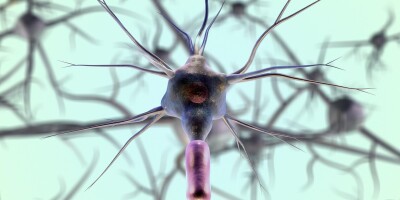
Rehabilitation is an essential component that should be factored into the comprehensive care of all people with MS.
This advanced programme:
What you will Learn
After completing this programme, you should be better able to:
Target Audience
This activity has been developed to meet the educational needs of rehabilitation professionals who have an interest in optimising the management of people with MS. It may also be of interest to other healthcare professionals who are involved in rehabilitative strategies in MS.
Duration
The estimated time to complete this course is 15 hours.
Method of Participation
There are no fees for participating in this activity.
Participants must:
A certificate of completion will be available to download upon successful completion of the course.


